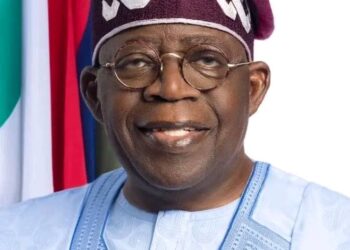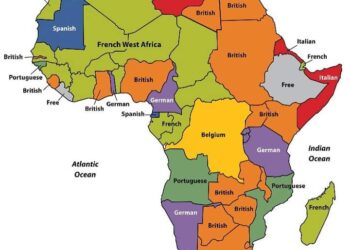By Martin Paul
Abuja
The expiration of the four-year-strategic plan for education sector developed by for minister, Professor Ruqayyatu Rufa’i in 2011, has given credence for the development of another plan of action that would span three years.
It would be recalled that Ruqayyatu developed the first one year plan of action and later the four-year-strategic plan, which replaced the Roadmap for Education sector, packaged by Dr. Sam Egwu, also a for minister.
The new strategic plan with the code: “Three-year education strategic plan” for the country, would be operational till 2019.
Minister of Education, Adamu Adamu, at the launch with the theme: “Education for Change: A Ministerial Strategic Plan 2016-2019”, said it was strategic to the administration of President Muhammadu Buhari’s change agenda.
Adamu, who acknowledged that “no nation can achieve economic prosperity without a sound and functional education system, affirmed also that “while the world is producing professionals, Nigeria is still grappling and leading with the highest number of out-of-school children roaming the streets”.
Adamu said that 60 per cent of the 11.4 million out-of-school children in Nigeria are girls, assuring 2. 9 million pupils would be enrolled in school, annually, to reduce the figure.
Adamu said only 3.1 million or 17 per cent nomadic children of school-age had access to basic education despite decades of intervention.
He, therefore, said government would urgently raise the national Net Enrolment Rate (NER) to ensure that all out-of-school children are enrolled in basic education schools in the next four years.
The Minister said: “An increasing number of displaced children (1 million) are being forced out of school in the insurgency-stricken states. These figures suggest that the educational process has given these groups of marginalized children very little access to education.
“For the 11.4 million out-of-school children the most urgent concern is raising the national Net Enrolment Rate (NER) to ensure that all of them are enrolled in basic education schools in the next four years. To achieve this target, the government plans to enroll, 2, 875,000 pupils annually for the next four years.
“The FME will come up with more effective strategies for engaging with states in addressing the problem of escalating numbers of out-of-school children including where necessary, the use of targeted funding that deliberately addresses the factors of exclusion.”
Adamu said the government would renovate schools destroyed by Boko Haram and construct additional 71, 875 classrooms annually for the next four years to accommodate the pupils.
The minister stated that the plan is “the objectives of the All Progressives Congress (APC) set out to fine tone the sector.”
He added that the new plan seeks to address the various existing gaps in the education sector to attain optimum results.
The Minister of State for Education, Prof. Anthony Anwukah, on his ports, explained that the new plan seeks to enthrone “equity and promote lifelong learning opportunities for all, as declared in our global education agenda, the Sustainable Development Goals (SDG) 4.”
Anwukah stressed that the new plan needed to strengthen to include the vulnerables in the society.



